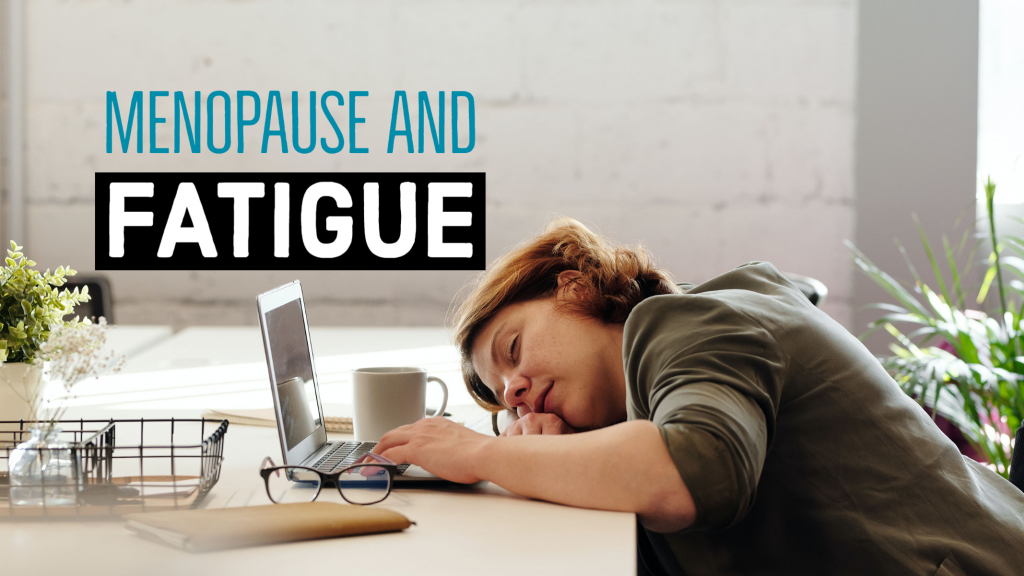
When we talk about fatigue, we are looking at a lack of energy and exhaustion which is usually exacerbated by physical or mental exercise. It is prolonged in nature sometimes unexplained which may persist after good enough sleep and rest. However, fatigue during menopause is often known as crashing fatigue when it comes suddenly and overwhelms the person with its effects.
It can become hard to diagnose fatigue as while coping with menopause symptoms you may just generally be worn-out or have a feeling of dragging.
There are many causes of fatigue from which some may be due to menopause related symptoms while some can occur at any age. Serious conditions such as Chronic Fatigue Syndrome or other causes such as undiagnosed coronary issues should be excluded.
Possible Causes of Fatigue During Menopause
Sleep disorders
Hot flashes and night sweats can be the main menopausal symptoms disturbing your sleep pattern leaving you tired for the next day.
Anxiety and depression are associated with sleep disturbances, especially in perimenopause. Sleep apnoea can also be one of the reasons.
Pain due to joint issues or arthritis as well as restless legs syndrome are some other age-related issues resulting in poor sleep.
Possible thyroid issues
Thyroid issues are very common at menopausal age with hypothyroidism being more common reflected by tiredness, weight gain, dry skin and hair loss. However overactive thyroid also causes tiredness.
Anaemia, vitamin and mineral deficiencies
Heavy bleeds due to perimenopause or other issues such as haemorrhoids can lead to iron deficiency anaemia related fatigue. Vitamin D, Vitamin B, zinc and other deficiencies due to poor dietary habits can add up to generalised fatigue.
Others
Other age-related causes may include undiagnosed type 2 diabetes, chronic fatigue syndrome and poor diet.
Simple steps to manage fatigue during menopause
Diet and nutrition: Healthy and a well-balanced diet enriched with vegetables, fruits, nuts, proteins and minerals as well as right carbohydrates can help restore the deficiencies in body which may contribute to fatigue.
Regular exercise: It requires a lot of motivation to engage in any form of exercise while you are already feeling tired. However, starting light exercise and gradually increasing the frequency and intensity will improve your strength. Exercise will have a positive effect on sleep, mood, digestion and overall health.
If you still feel fatigued after self-help lifestyle strategies, consult your GP. Your doctor can examine you and rule out any serious causes associated with fatigue. It is important not to ignore any symptoms of fatigue to avoid any undiagnosed causes.






